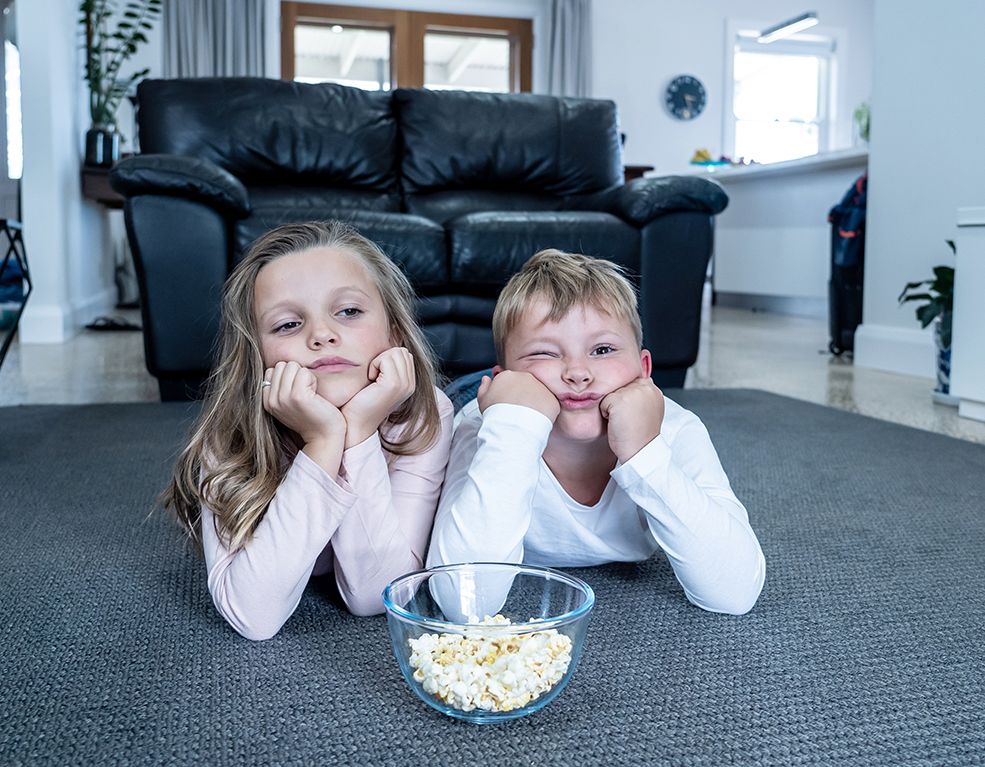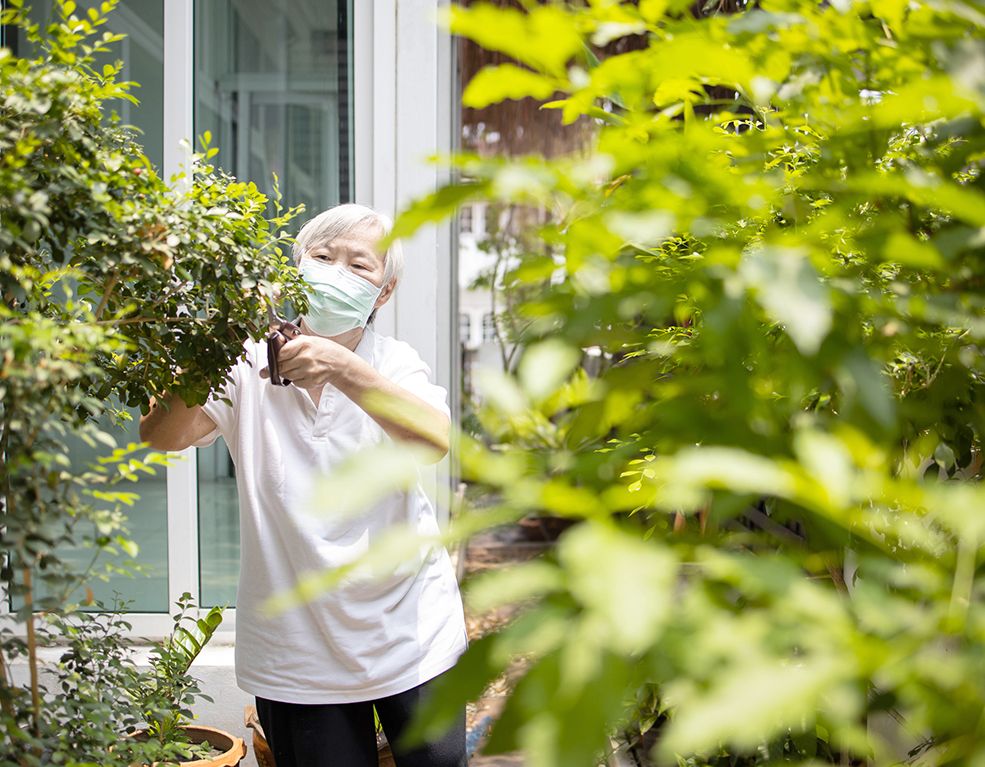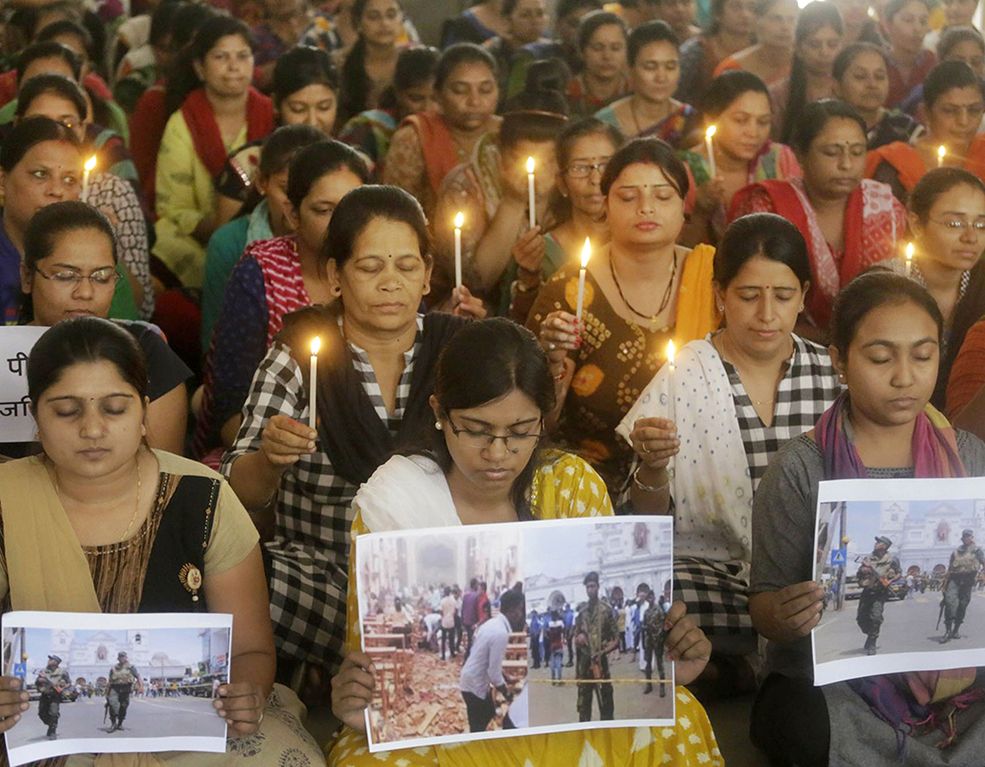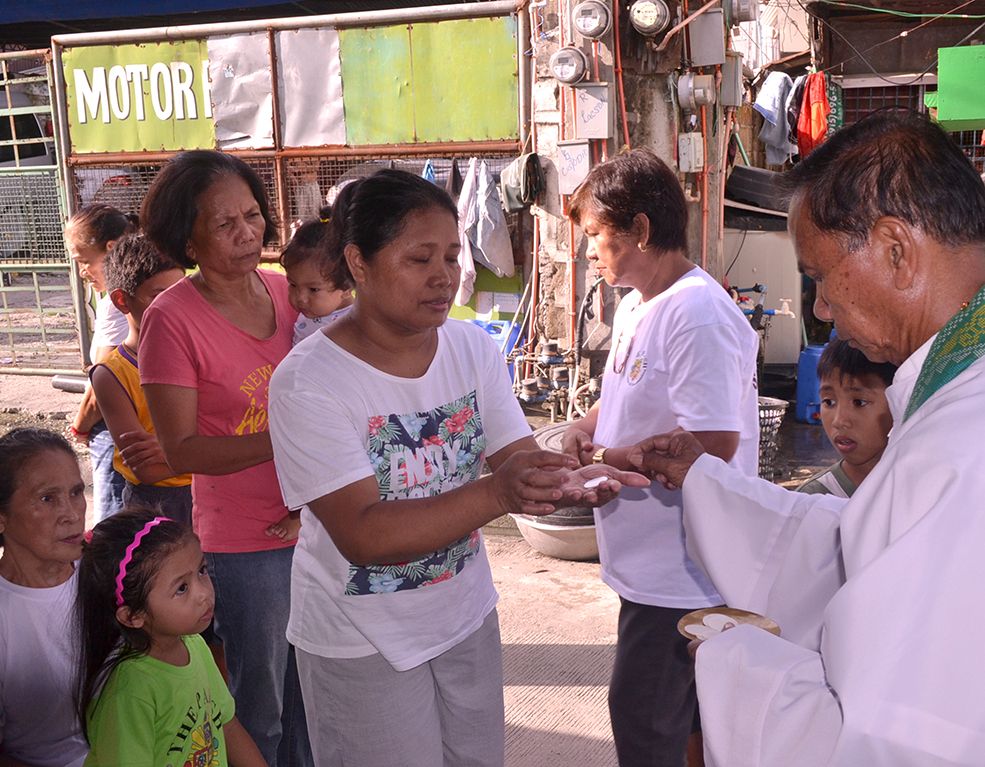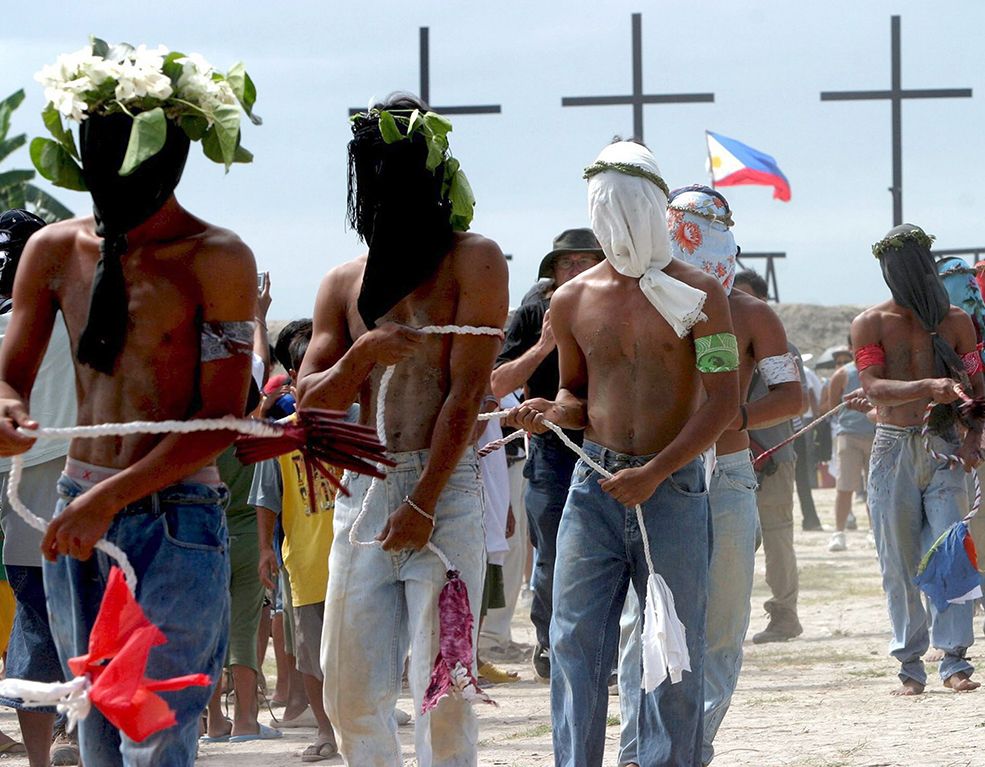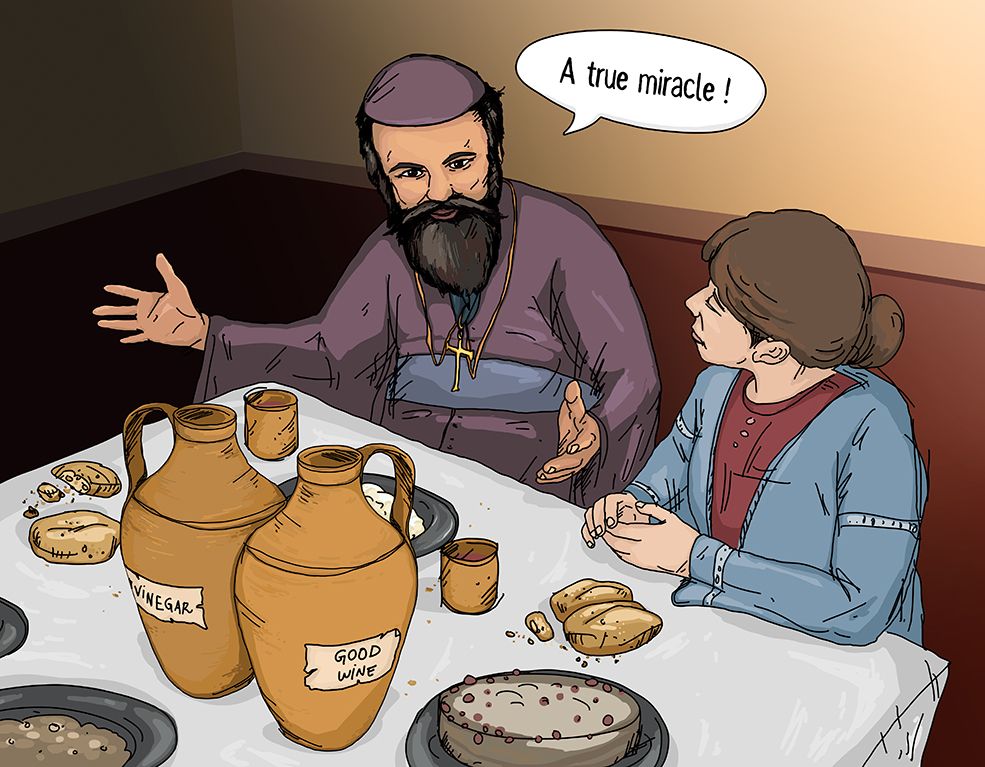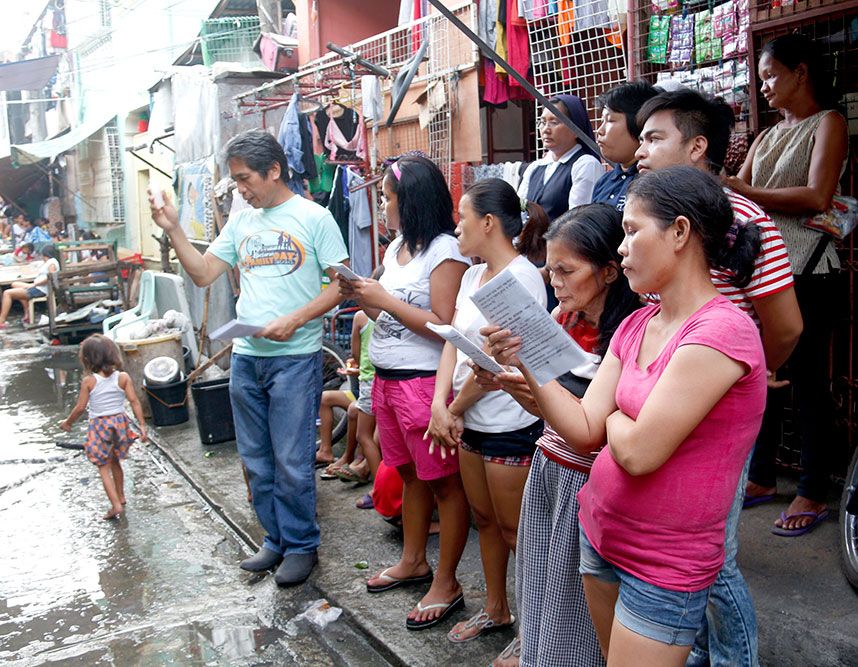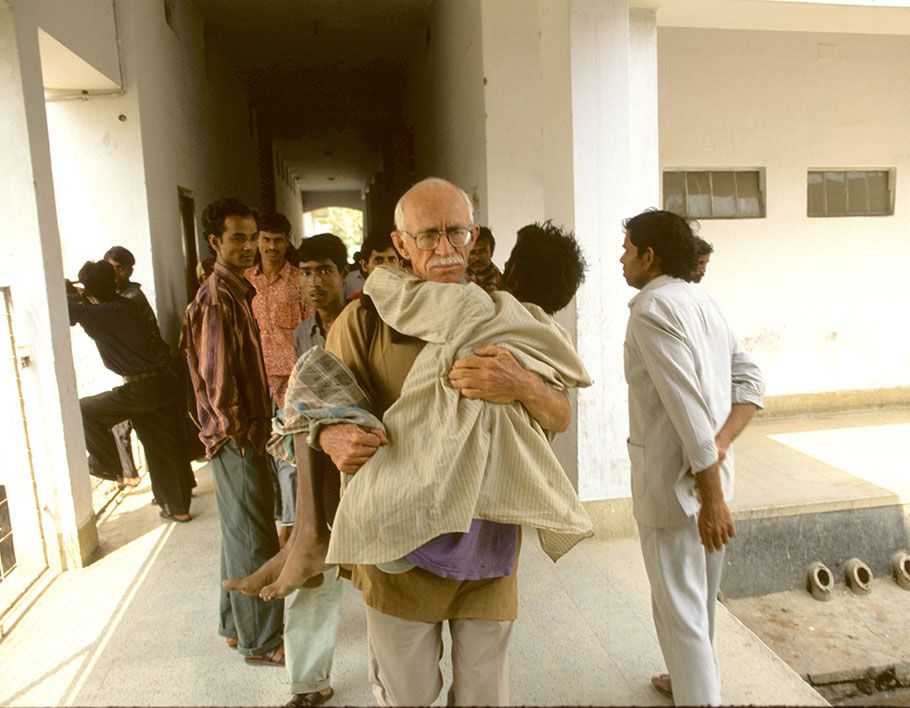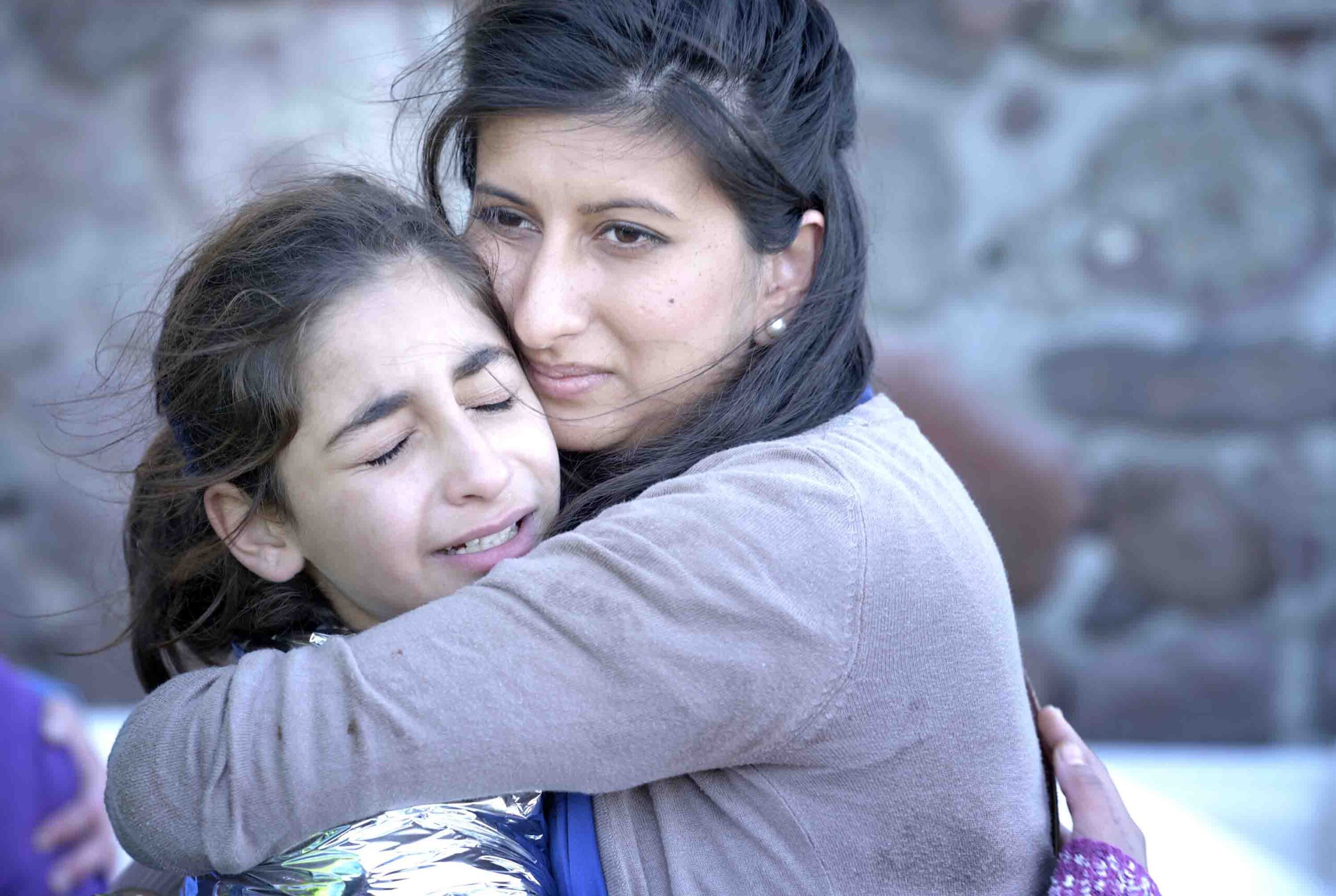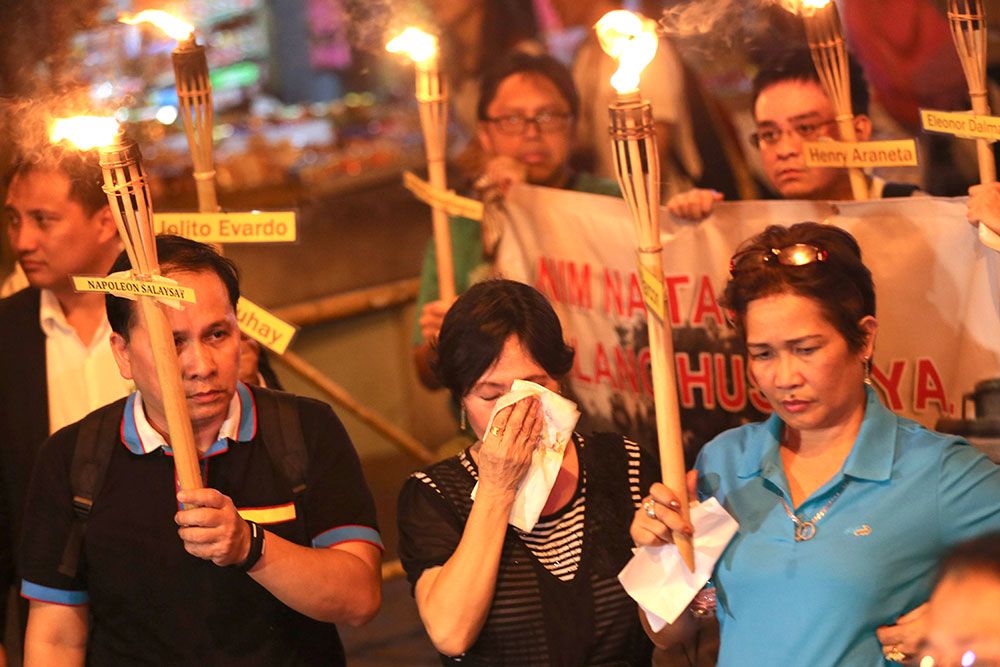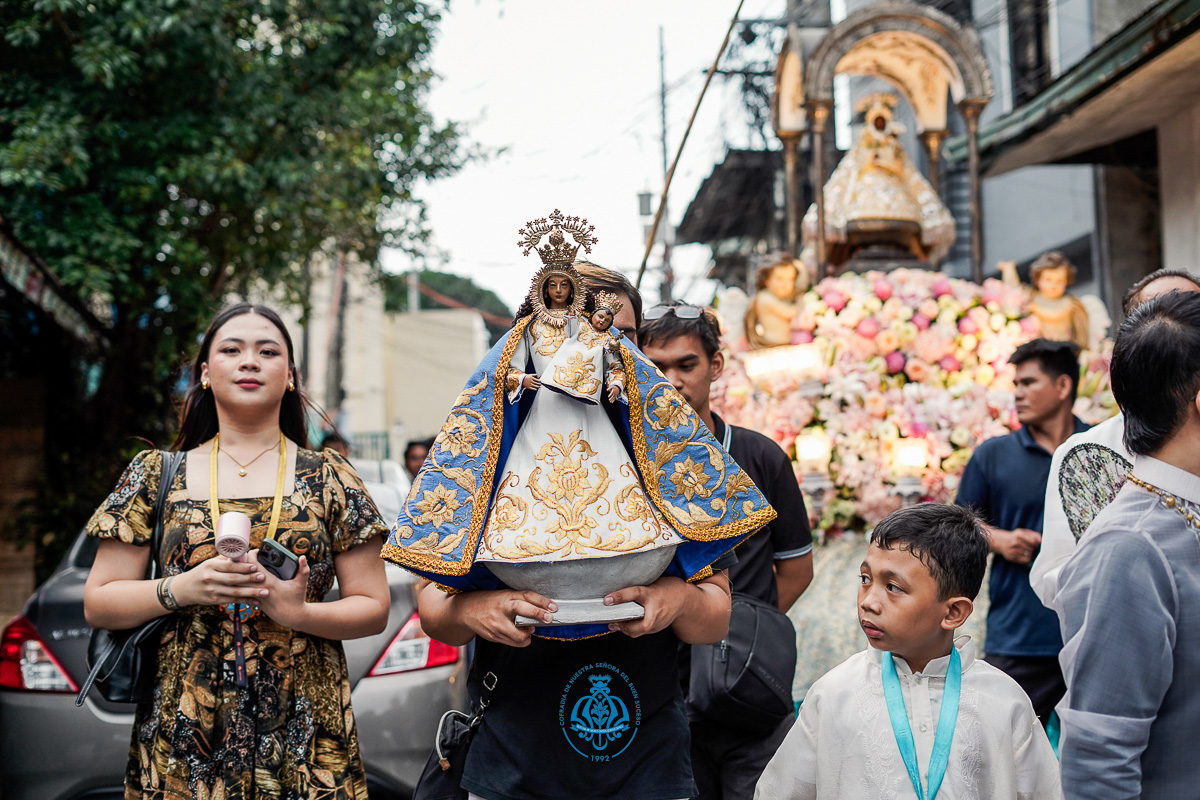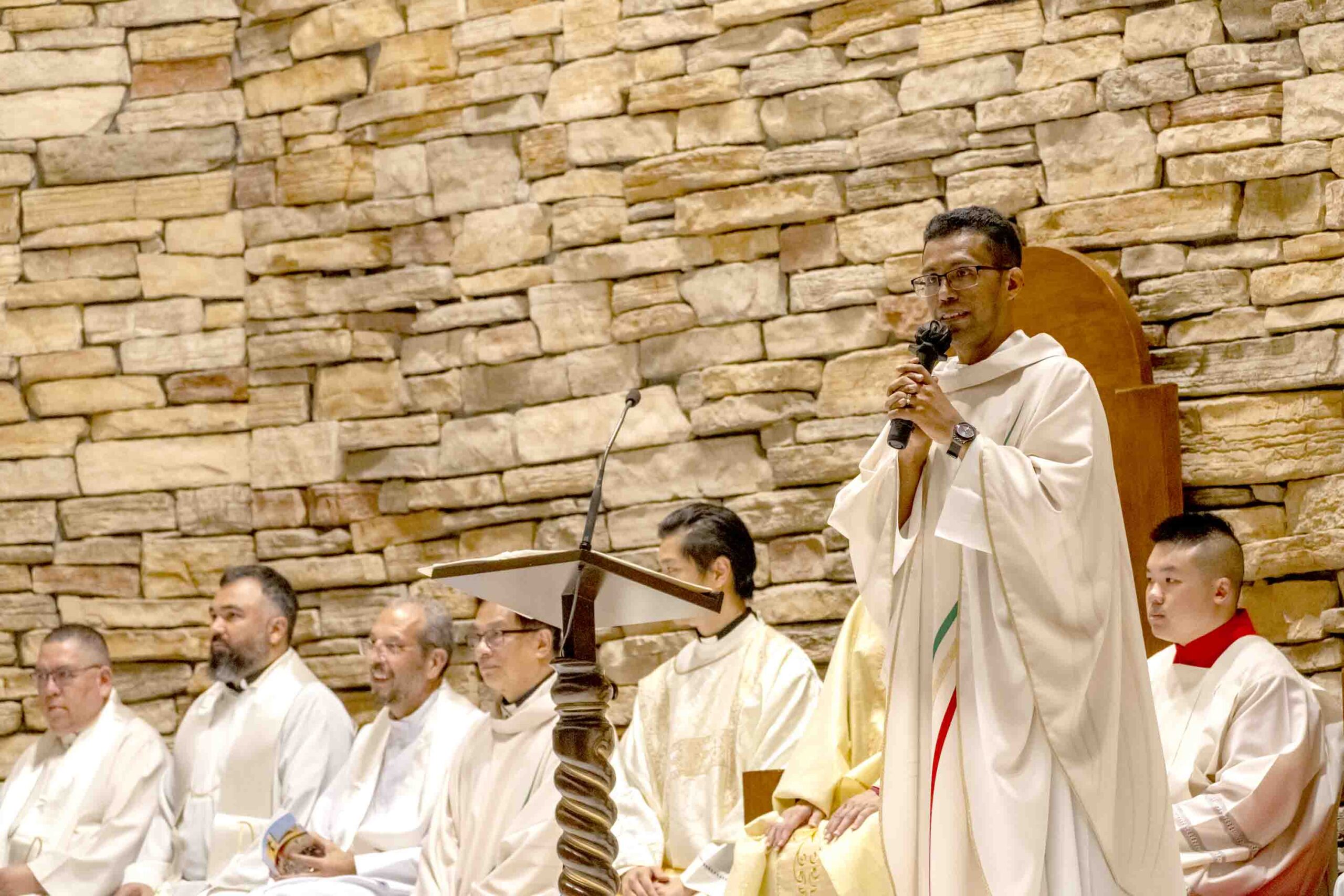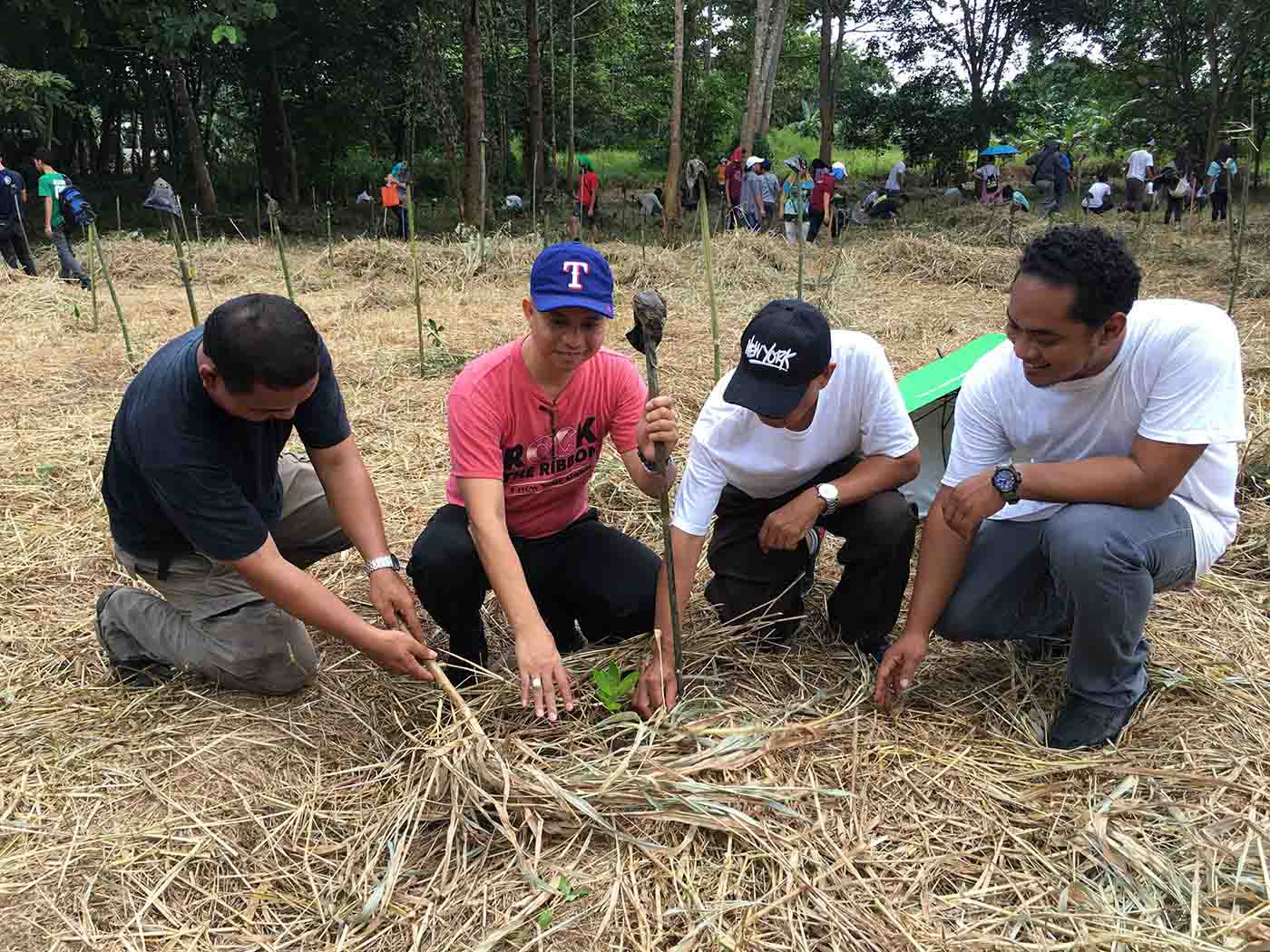For more than a year, people have focused so much on how to deal with the effects of COVID-19, how to slow it down or prevent its spread, and how it is affecting our economy and the lives of many people. Teachers and students have been doing online classes, distributing modules, and even learning through televisions and radios. Students are left with no choice but to stay at home and be as productive and creative as they can be.
Prior to the pandemic, most children from dysfunctional families will stay with friends and classmates under the guise of being busy with school requirements. Some will stay in libraries and study as much as they can to avoid a noisy background at home where parents are too busy arguing with each other. Others will spend time in the mall and come home late and tired, just in time for sleeping.
Dangers That Come With Covid-19
With the pandemic, have we ever thought of how they feel about everything: the dangers that come with COVID-19, parents working hard to cope with the economic effects of lockdown, not physically interacting with friends and classmates, and not being able to go to the malls, the parks, and the beaches for family bonding? Have we ever wondered how children try to avoid being victims of physical/ sexual abuse at home; how they manage to cope with the pandemic in a dysfunctional family? Have we ever wondered why some children are out in the streets in the wee hours of the day, most especially those in the underprivileged areas, engaging in gang fights? And when they do go out, they seem to be unmindful of the necessary health protocols. What can really be happening to them?
Children vary in how they cope with challenges. Some are blessed with mature grandparents, parents, or guardians who are there to explain to them the present situation, to listen to their fears and anxieties, and to engage them in productive activities. Though some may find it more convenient to simply play with siblings, with parents or play alone, others may find it a bit difficult and unusual. As children, some may even have fears that they cannot explain for lack of words but manifest these fears in so many ways. For instance, some children may not really understand why they find it difficult to fall and stay asleep at night. Others may complain of frequent stomach aches or headaches with no apparent reason. Some children may even excessively express clinging, dependent behaviors, not wanting to be left alone. When told to play with their toys, they may even bring their toys with them and play where they can be seen. Older boys and girls may excessively play video games, or entertain themselves by engaging in sensitive conversations with strangers on the internet. Still others may spend the whole day watching Netflix, cable TV, YouTube, the internet and other social media platforms.
Fear, uncertainty, and anxiety manifested in psychosomatic forms and home isolation are only some of the experiences they go through. And for very young boys and girls, missing classmates, school work and running in the school’s playground are activities that will have to be put on hold.
What Do We Do?
So, what do we do? Allow me to share with you some suggestions of Dr. Shannon Bennett from Weill Cornell Medicine.
1. Model healthy behavior. This entails setting examples for kids to follow. For instance, if we feel that it is necessary for our kids to put their gadgets aside during family meals to allow wholesome conversation and catching up with each other, then we demonstrate it. Modeling starts with us parents. Yes, some kids may resist for a start; but, having a heart to heart talk with them and explaining the very reasons may eventually convince them to follow.
2. Prioritize talking about emotions. Positive emotions are easy to discuss with family members in private or during family meals. However, if there is one difficult thing to discuss with family, it is the painful/ negative emotions of life. It is easy to say “I won” but more difficult to say “I am afraid.” How come? Because, most of us were brought up in an environment where we cannot afford to be weak and cannot afford to be a failure. We were made to believe that we should always be strong, successful, and happy. Much as these are really goals that we work for, we have to make the children of today understand that “life is not a bed of roses.” There will always be ups and downs in life. Hence, at a very early age, it is important to encourage them to talk about how they feel, how to deal with it, and how to survive going through it. It is important to encourage them to let it out and how to process it. It is important to make them understand that amidst our imperfections, we are here to listen to them and go through everything together with them.
3. Take “time outs.” Taking time out simply means taking a break. Whether it is standing up and taking a walk around the house, playing with siblings, or shouting and laughing so hard, it is still the healthy break that we all need most especially in times like this. Taking a break is as necessary and healthy as having a toilet break. It stretches our energy, enhances our concentration level and minimizes stress. It allows us to be more patient and tolerable with everything that is happening around us.
4. Seek help when needed. There is always this misconception that asking for help is a sign of weakness, that family secrets should always be kept in the closet. At this point in time, with so many changes taking place around us, seeking help needs to be seen as a sign of humility. We accept the fact that we do not know everything in this world and asking for help is acknowledging the need for all of us to unite and help one another, and to allow God to enter our lives, work with us and be with us. So, when you can sense that the pandemic seems to be affecting your child, go ask for help. There is nothing wrong with it.
Likewise, allow me to share with you also some suggestions coming from Jessica Dym Bartlett, Jessica Griffin and Dana Thomson, child trauma experts at Child Trauma Training Center, University of Massachusetts.
1. Create a safe physical and emotional environment by practicing the 3 R’s: Reassurance, Routines and Regulation. In times like this, most children need to be reassured that we, adults, will make sure that they are safe amidst everything. It is so important that they understand, in very simple terms, what is happening now and as parents/ grandparents/ elder siblings, we will always ensure their safety. Furthermore, to provide them with a sense of safety and predictability, it would be nice to have a regular schedule for everything: time to sleep, eat meals, time to study, play and rest, and to interact with friends online. These routinely activities provide them with a touch of security, and healthy control over activities that are within their boundaries. When they do not feel good, validating their feelings and encouraging them to engage in activities that may help them self-regulate is necessary. Validating their feelings is like letting them know that you can sense that they are not feeling good about their situation, that they seem to be bothered/ troubled by something else. Validating their feelings is encouraging them to talk about how they feel, about what is going on in their minds. To help them cope with the situation, we encourage them to do some relaxing activities such as exercising, deep breathing, etc. Encouraging them to do these means we do it together with them and not simply telling them to “go, exercise and do your deep breathing activity.”
2. Emphasize strengths, hope and positivity. Sharing with children stories on how people come together to help others, how some children uplift the spirit of family members sick with COVID-19 by creating works of art for them, how frontliners sacrifice their time with family to serve others, all these and more, are means of strengthening them. These samples instill hope and positivity within them.
Though the pandemic may have affected so many lives, so many families, nothing is more effective than working as one family with OUR CREATOR in the middle of everything.

